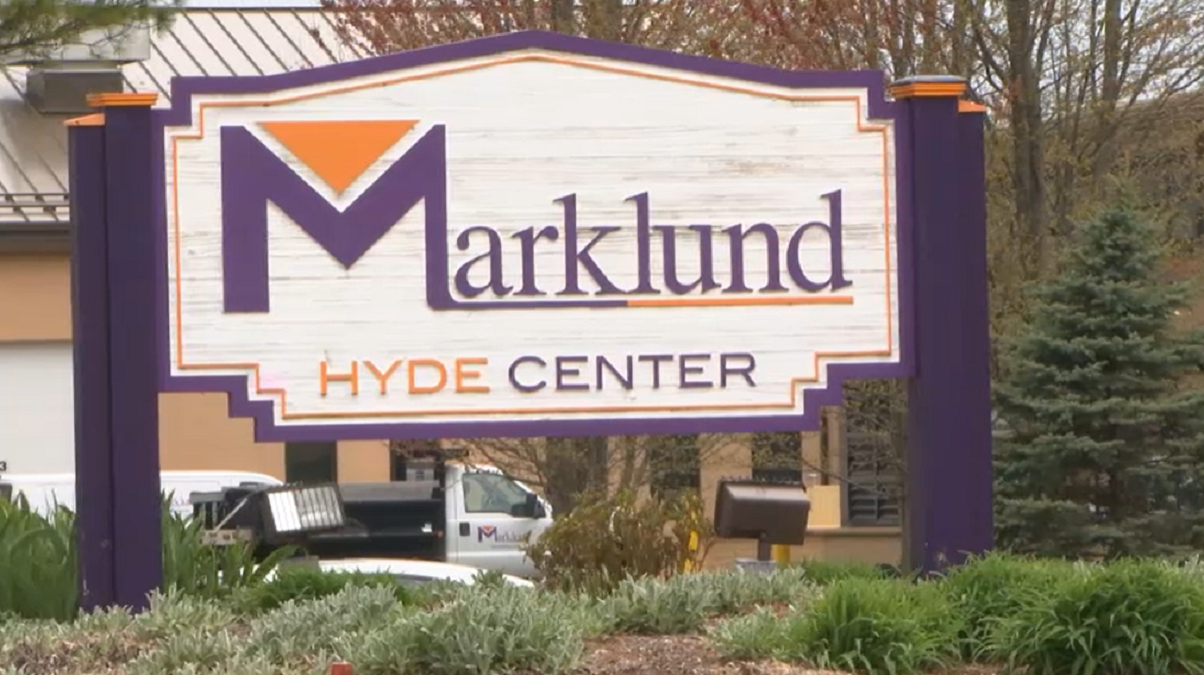Whenever the debate about the minimum wage breaks out in this country, there’s almost always two sides that get taken. One side says workers deserve a living wage, and any extra money they make goes back into the economy.The other side says paying workers more destroys jobs, is unfair to employers and hurts the people it’s supposed to help.
The problem is the terms of the debate, especially by opponents, are usually framed as being about small business owners—those kinds of employers who might be hurt the most by raising the minimum wage.
And it’s true—some small business owners would find it a burden to have to pay a higher wage to workers when profit margins are slim. The reality, however, is that the largest minimum wage employers in the country are multinational corporations regularly earning billions of dollars in profits.
As a result, it’s here that recent moves in Chicago to raise the minimum wage can have their biggest impact, and send the clearest message about the city—and Mayor Rahm Emanuel’s—priorities. On Monday, a mayoral working group recommended the city's minimum wage be raised to $13 an hour within four years. Mayor Emanuel quickly got behind the recommendation, calling it “a balanced proposal” he could support.
A minimum wage of $13 an hour is nearly double to current federal minimum of $7.25, but less than the $15 many activists for low wage workers are calling for. And, if it passes, Chicago would still lag other cities, like Seattle, which have already placed higher minimum wages on the books.
Yet, in raising its minimum wage, Chicago has the opportunity to prove the naysayers wrong, and demonstrate that raising workers out of poverty won’t mean the city’s economic engine will collapse. According to a 2013 report, there are about 400,000 minimum wage workers in Illinois alone, who earn $17,000 per year by working full time, many supporting families.
Most of those working full time do not earn enough to be out of poverty, as almost two out of three who earn less than $10 per hour work full time. And who employs these minimum wage workers? More and more, it’s extremely profitable multinational corporations who generate that profit in large part by paying their workers the least they can get away with.
Local
Companies such as Wal-Mart, Yum! Brands (Taco Bell, Pizza Hut, KFC), McDonald’s, Target, Sears and others have long earned profits by setting up shop in Chicago neighborhoods, earning profits off of Chicago residents and shipping those dollars to be collected at corporate headquarters someplace else.
And every dollar that leaves Chicago and heads to Bentonville, AR, Louisville, KY, Minneapolis, MN or an offshore corporate investment in Singapore or Bahrain or Bermuda is one less dollar to help support Chicago residents and neighborhoods.
That means the debate about raising the minimum wage isn't only about corporate profits—it’s about what it takes to maintain sustainable communities and giving Chicago residents the means to help control their economic destiny.
The reality is that companies such as Target or Wal-Mart or Taco Bell aren't going to be pulling up stakes and shuttering stores in Chicago because they suffer a 0.1 or 0.2 percent drop in annual net profits. These companies are here and are going to stay here, regardless of what Chicago does with it’s minimum wage.
By moving forward with the mayoral working group’s recommendations for a $13 minimum wage in four years, Chicago can send a strong message that it cares about its working class and neighborhood communities as much—if not more—than corporate profits.



